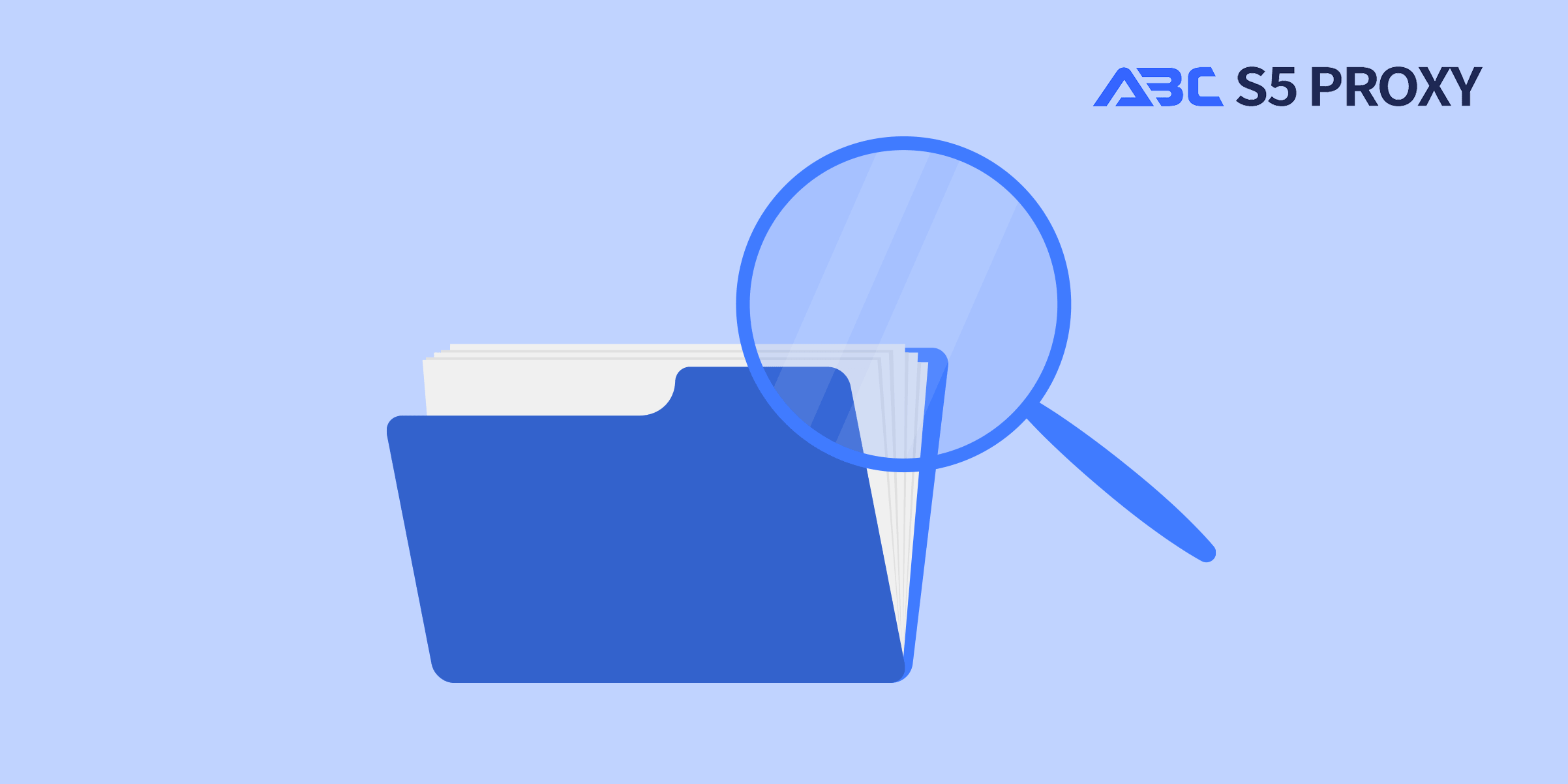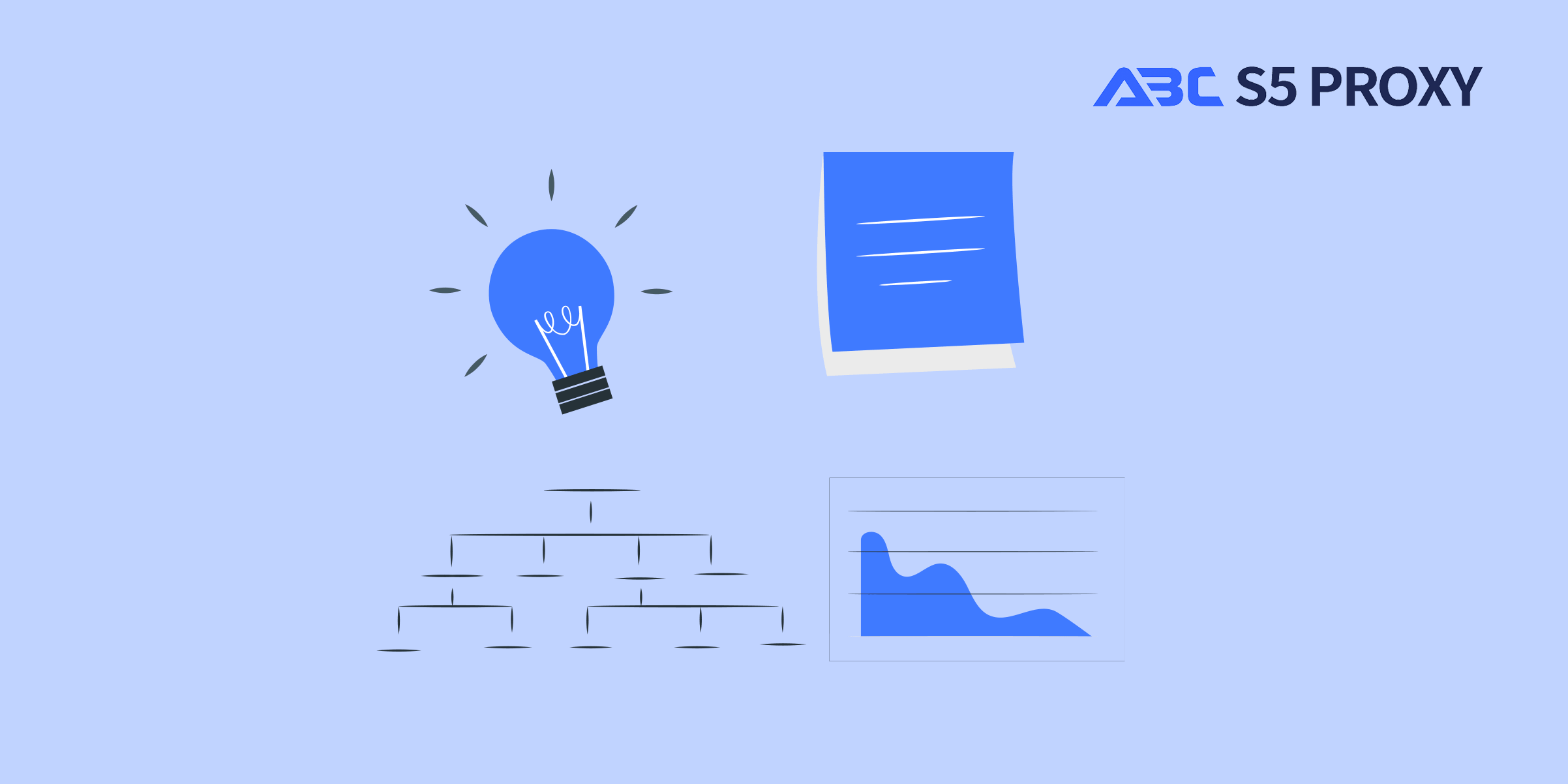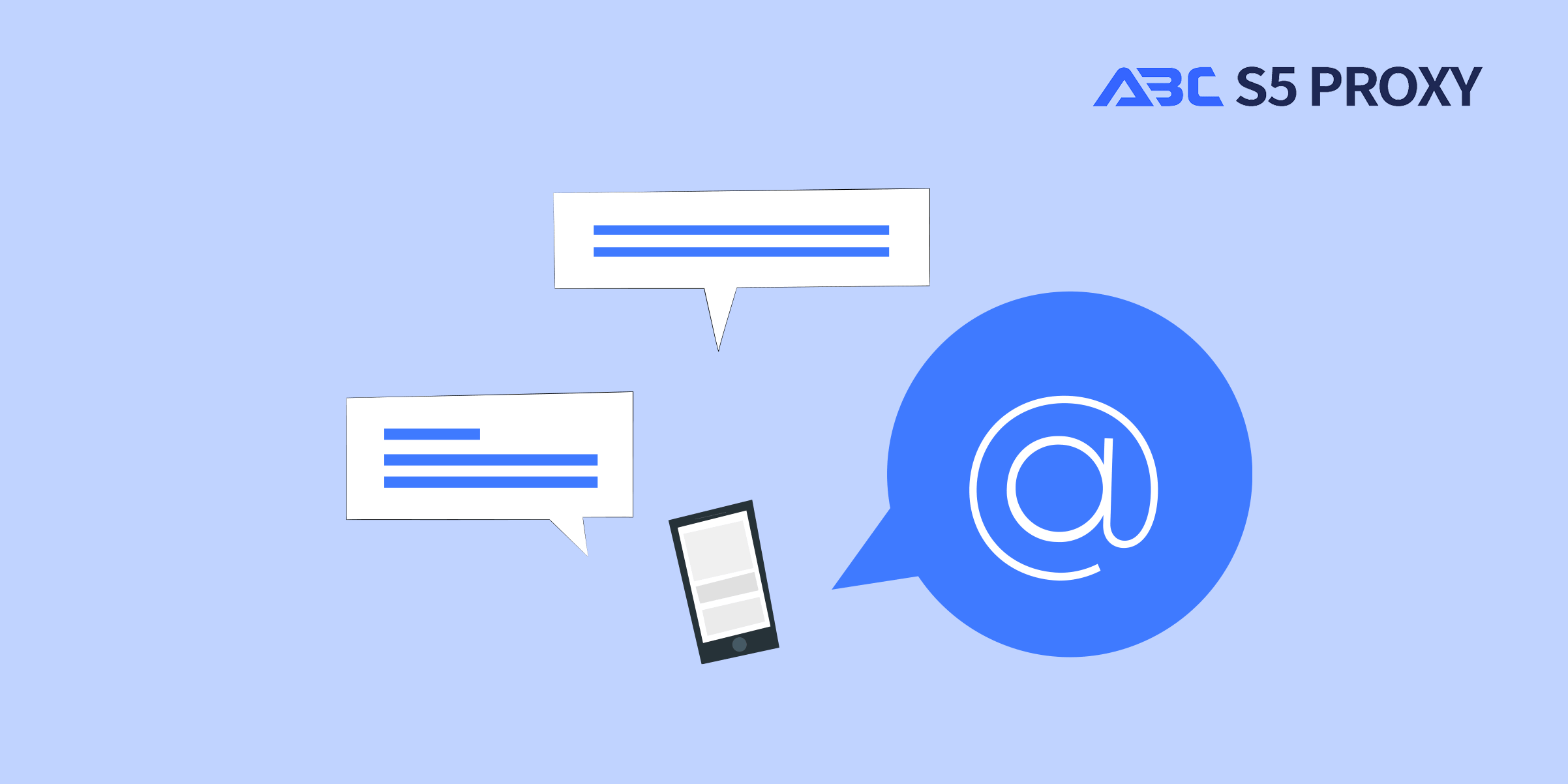Residential Proxies
Allowlisted 200M+ IPs from real ISP. Managed/obtained proxies via dashboard.

Proxies
Residential Proxies
Allowlisted 200M+ IPs from real ISP. Managed/obtained proxies via dashboard.
Residential (Socks5) Proxies
Over 200 million real IPs in 190+ locations,
Unlimited Residential Proxies
Use stable, fast, and furious 700K+ datacenter IPs worldwide.
Static Residential proxies
Long-lasting dedicated proxy, non-rotating residential proxy
Dedicated Datacenter Proxies
Use stable, fast, and furious 700K+ datacenter IPs worldwide.

Web Unblocker
View content as a real user with the help of ABC proxy's dynamic fingerprinting technology.
Proxies
API
Proxy list is generated through an API link and applied to compatible programs after whitelist IP authorization
User+Pass Auth
Create credential freely and use rotating proxies on any device or software without allowlisting IP
Proxy Manager
Manage all proxies using APM interface

Proxies
Residential Proxies
Allowlisted 200M+ IPs from real ISP. Managed/obtained proxies via dashboard.
Starts from
$0.77/ GB
Residential (Socks5) Proxies
Over 200 million real IPs in 190+ locations,
Starts from
$0.045/ IP
Unlimited Residential Proxies
Use stable, fast, and furious 700K+ datacenter IPs worldwide.
Starts from
$79/ Day
Rotating ISP Proxies
ABCProxy's Rotating ISP Proxies guarantee long session time.
Starts from
$0.77/ GB
Static Residential proxies
Long-lasting dedicated proxy, non-rotating residential proxy
Starts from
$5/MONTH
Dedicated Datacenter Proxies
Use stable, fast, and furious 700K+ datacenter IPs worldwide.
Starts from
$4.5/MONTH
Knowledge Base
English
繁體中文
Русский
Indonesia
Português
Español
بالعربية

In today's digital world, the need for data extraction and anonymity has become increasingly important for various businesses and individuals. When it comes to gathering information from the web, two common methods used are Proxy API and traditional IP extraction. Understanding the difference between these two methods and their respective advantages is essential for making informed decisions.
Proxy API, also known as a proxy server, acts as an intermediary between your device and the internet. It reroutes your requests through its own IP address, masking your original IP address. This method allows you to access websites anonymously and bypass any geo-restrictions or blocks that may be in place.
On the other hand, traditional IP extraction involves directly connecting to a website using your own IP address. This method leaves your IP exposed to the website you are accessing, potentially compromising your anonymity and privacy.
The primary difference between Proxy API and traditional IP extraction lies in the level of anonymity and security they offer. Proxy API ensures that your original IP address remains hidden, making it a preferred choice for tasks that require anonymity. In contrast, traditional IP extraction leaves you vulnerable to being tracked or blocked by websites.
1. **Enhanced Anonymity**: By using Proxy API, you can browse the internet without revealing your real IP address. This is particularly useful for web scraping, data mining, and other activities where you need to remain anonymous.
2. **Geo-Restriction Bypass**: Proxy API allows you to access geo-restricted content by masking your IP address with one from a different location. This can be beneficial for market research or accessing region-specific data.
3. **Improved Security**: Proxy API adds an extra layer of security by hiding your IP address from potential cyber threats. It reduces the risk of malicious attacks or unauthorized access to your system.
4. **Scalability**: Proxy API services often offer scalable solutions, allowing you to adjust the number of requests or region-specific IPs based on your needs. This flexibility is valuable for businesses with varying data extraction requirements.
In conclusion, the choice between Proxy API and traditional IP extraction depends on the level of anonymity, security, and flexibility you require. While traditional IP extraction may suffice for general browsing, Proxy API offers a more secure and anonymous way to gather data from the web. By understanding the differences and advantages of these methods, you can make an informed decision that aligns with your specific needs and goals.
Featured Posts
Popular Products
Residential Proxies
Allowlisted 200M+ IPs from real ISP. Managed/obtained proxies via dashboard.
Residential (Socks5) Proxies
Over 200 million real IPs in 190+ locations,
Unlimited Residential Proxies
Use stable, fast, and furious 700K+ datacenter IPs worldwide.
Rotating ISP Proxies
ABCProxy's Rotating ISP Proxies guarantee long session time.
Residential (Socks5) Proxies
Long-lasting dedicated proxy, non-rotating residential proxy
Dedicated Datacenter Proxies
Use stable, fast, and furious 700K+ datacenter IPs worldwide.
Web Unblocker
View content as a real user with the help of ABC proxy's dynamic fingerprinting technology.
Related articles

Unveiling the Advantages: Proxy API vs. Traditional IP Extraction
Discover the benefits of using a proxy API over traditional IP extraction. Learn about the key differences and advantages of each method in data retrieval. Gain insights on how proxy APIs can enhance your online operations.

Mastering Web Scraping Pagination with Proxy: Boost Your Data Extraction Efforts
Learn how to effectively implement pagination in web scraping while utilizing proxies to overcome restrictions and access more data. Explore the benefits of combining these techniques for efficient data extraction.

Ultimate Guide to Scraping Home Depot Data: Uncover Hidden Insights
Looking to scrape Home Depot data? Learn efficient techniques for extracting valuable information from Home Depot's website in this comprehensive guide. Explore the process step by step and unlock insights to boost your business strategies.